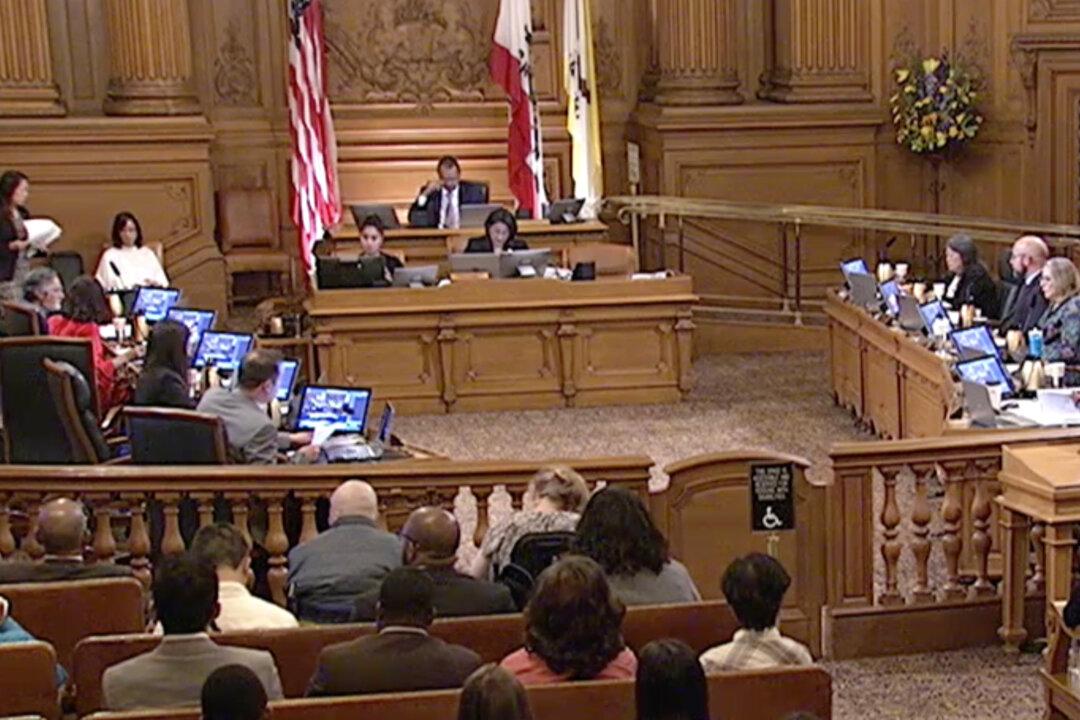When a political body votes unanimously for something, it likely falls under one of the following categories:
1). The decision is completely uncontroversial;

When a political body votes unanimously for something, it likely falls under one of the following categories:
1). The decision is completely uncontroversial;